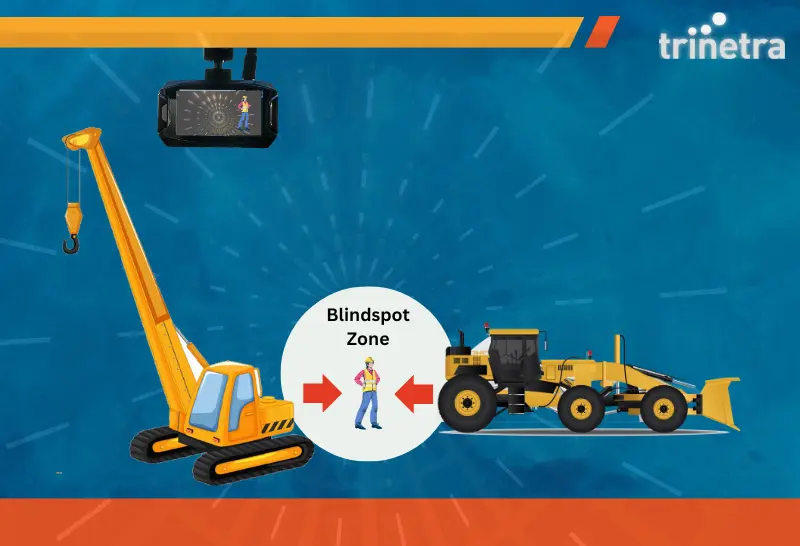Fleet management is essential in the dump truck industry as it effectively addresses key challenges. Here’s a prioritized breakdown of the most critical factors:
- Safety Monitoring: GPS tracking enables real-time vehicle and driver monitoring, preventing accidents and enforcing safety protocols, which is crucial for addressing safety challenges in high-risk environments.
- Real-Time Decision Making: Fleet management systems offer immediate data, allowing for quick decision-making and ensuring smooth operations in dynamic conditions.
- Load Monitoring: Accurate load tracking prevents overloading, safeguards vehicles, and ensures compliance with legal limits, addressing the challenge of maintaining vehicle integrity and meeting regulatory requirements.
- Vehicle Utilization: Fleet management insights optimize vehicle usage, reduce downtime, and enhance productivity, effectively tackling the challenge of maximizing resource efficiency.
- Cost Control and Efficiency: By minimizing downtime, optimizing routes, and improving vehicle efficiency, fleet management helps control costs and boost overall operational efficiency.
- Route Optimization: Effective route planning reduces fuel consumption and wear and tear, addressing the challenge of managing operational costs and extending vehicle lifespan.
- Maintenance Scheduling: Automated maintenance scheduling prevents breakdowns and extends the lifespan of vehicles, addressing the challenge of unplanned maintenance and reducing downtime.
- Fuel Efficiency: Monitoring and optimizing fuel consumption help cut costs and improve efficiency, addressing the challenge of managing fuel expenses.
- Regulatory Compliance: Ensuring adherence to industry regulations reduces the risk of fines, addressing the challenge of meeting legal and environmental standards
Trinetra Wireless’s fleet management software and GPS vehicle tracking system are essential for boosting safety, efficiency and profitability in the dump truck industry. Ideal for Mining and Construction, these tools optimize fleet operations and vehicle management.











